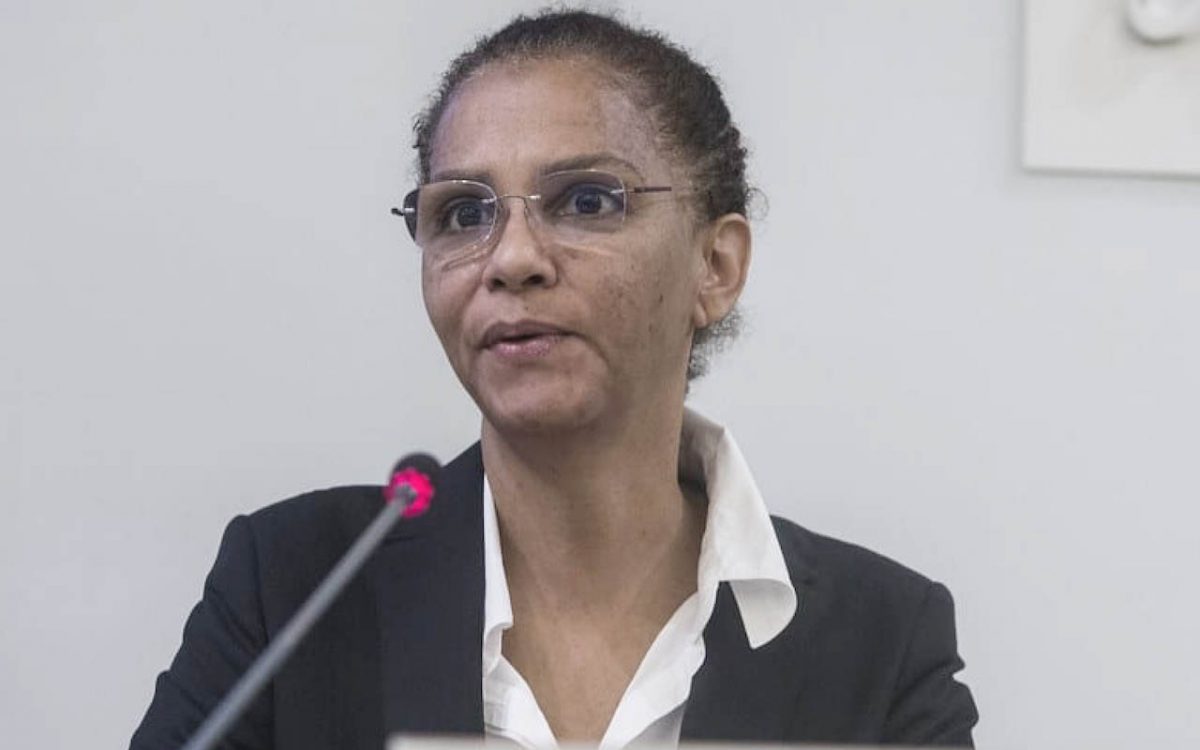What is being touted as yet another an ambitious plan to reduce regional food imports by 25% over the next three years has reportedly secured the backing of a number of key international organisations, including the World Food Programme (WFP) though whether or not the Plan will secure the requisite corresponding endorsement from the people of the respective Caribbean territories remains to be seen.
If observers are inclined to endorse the recent remarks attributed to the FAO’s Sub Regional Coordinator Dr Renata Clarke that the region’s inward-looking posture with regard to feeding its people is not only sustainable but critical in the face of the Russian invasion of Ukraine, then farmers from across the region are bound to point to the numerous regional food security ‘false starts’ characterised by meetings at the level of the Caribbean Community (CARICOM), numerous technical studies, and countless high-sounding undertakings, by governments on the issue of Caribbean food security, all of which have fallen by the wayside.
If Dr Clarke’s optimism that the 25% cut in food imports can be realised by 2025 is altogether deserving of the backing of the region, Caribbean people can hardly be overly encouraged by this, based on the iron-clad evidence deriving from precedent. Truth be told, many of them are very likely to respond with the refrain that we have heard it all before.
Interestingly, Dr Clarke noted, correctly, that the 2025 deadline is “around the corner,” though her reported assertion that “many of us believe we definitely can make it,” is unlikely to apply to the vast numbers of people across the Caribbean who have witnessed the frustrating indifference of the leaders of the region to matching their proclivity for high-sounding security commitments with practical action.
And while Dr. Clarke’s assertion that countries in the region including “Guyana, Belize, Suriname Jamaica… and other countries” have the potential to contribute significantly to the realisation of the 2025 target, it, presumably, would not have escaped the FAO official’s attention that, thrown together at the level of the Caribbean Community (CARICOM), the countries of the region have collectively failed over several years to create and put into effect a regional food security plan.
Telltale signs that the moment may not be propitious for the formulation of any kind of collective food security plan is reflected in the fact that some member states of the regional grouping, including Jamaica and St. Lucia, have embarked on their own modest agricultural production plans. In the instances of Guyana and Trinidad and Tobago, arguably the two CARICOM member countries best positioned to kick-start a regional food security initiative, there has arisen, or at least so it seems, a spat between the two countries triggered by Guyana’s Vice President Bharrat Jagdeo’s remarks seemingly about the socio-economic condition of the twin-island Republic which is almost certain to render an immediate-term sitting to talk food security, awkward at this time.
Nor did the recent meeting of thirty-three Latin American and Caribbean countries in Quito, Ecuador ostensibly to determine, how, with the support of the Food and Agriculture Organization, the region’s food security needs can be met, realise a great deal in concrete terms, save and except what we are told was a sharing of their respective plans and needs in the proceeds of seeking to determine their agricultural and food security needs, a matter which CARICOM, particularly, has sat down to discuss ad nauseam over the years.
Whether the FAO is likely to persuade the region to apply its new strategic framework, informally called the ‘four betters’ – better production, better nutrition and better environment for a better life – is unclear, given the region’s particular proclivity for failure to implement various previous conceptual approaches to enhancing regional food security initiated, ironically, by Guyana and Trinidad and Tobago a few years ago.
Worryingly, Dr Clarke asserts that the urgency of responding to the region’s food security challenge reposes in the fact that it has the ‘negative distinction’ of being the place where the cost of a healthy diet is already the highest in the world.
As the FAO official further points out, the Caribbean is likely to have to face a new reality insofar as perceptions of food security are concerned. “Previously, people thought of disruption of food supply in terms of hurricanes or some very temporary events. We’ve seen that this biological event, this COVID, actually disrupted food supply for an extended period. If this continues, we are going to see huge price hikes,” she warned.






